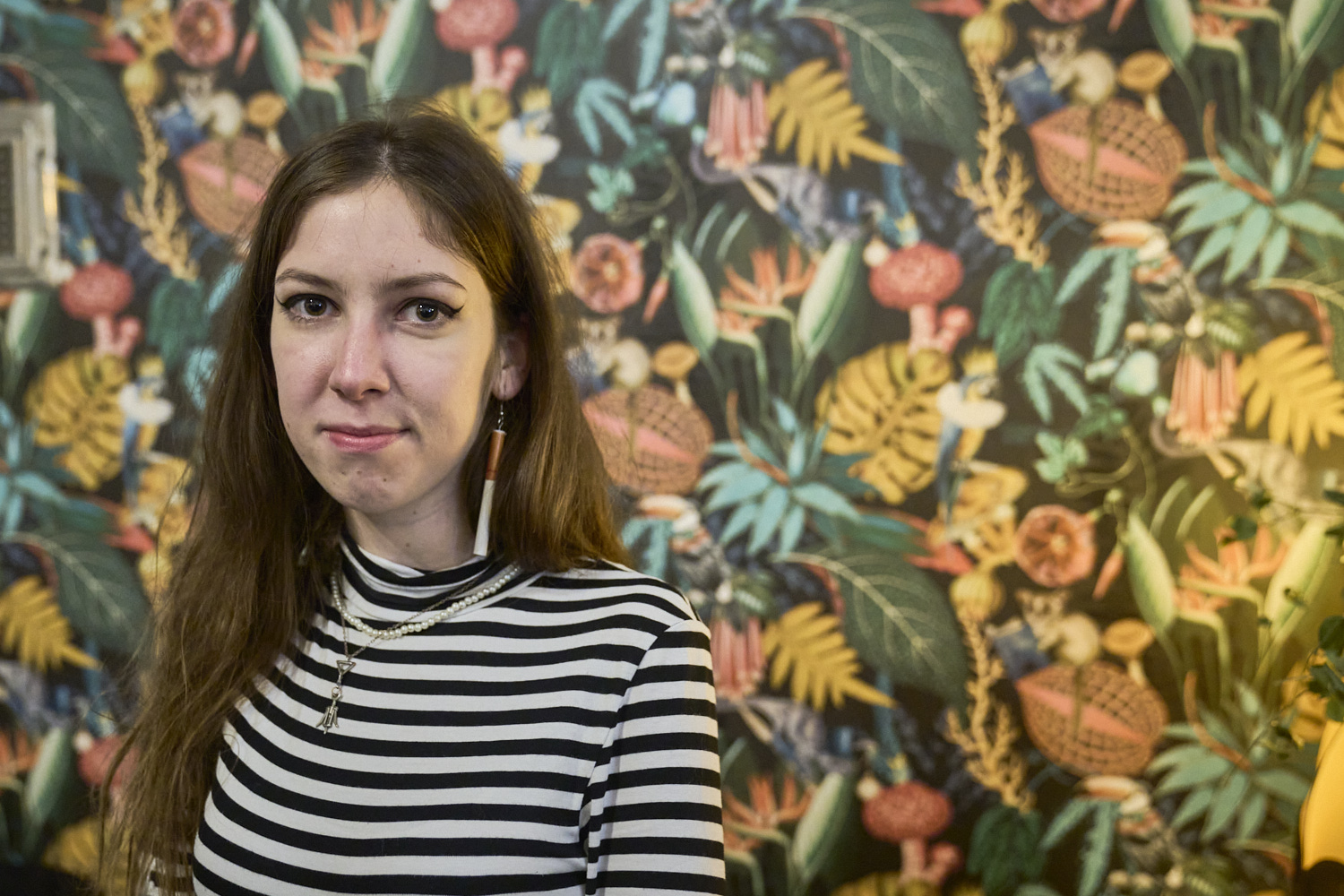Amikor kihirdették a Panodyssey harmadik pályázatának nyerteseit, a Panodyssey két nagykövete, Deres Kornélia és Simon Márton is megerősítette a laudációjában, mennyire erős volt a mezőny - ezért nem is tíz, hanem 19 névből állt a shortlist. A második helyezett Ráday Zsófia lett Embercsinálók című versével. A pályamunkát Sipos Tímea fordításban most angolul is elolvashatod.
Zsófia Ráday: Peoplemakers
Translated by Tímea Sipos
“My father lifts up the lamp, the light falls on the child’s back.
‘But…but…’ my mother whispers.
We all see what she will not say. The child has wings. Two white furry little wings.”
Ervin Lázár: The Thief
After the first, they hold the wife to themselves
to reconcile the desire. Woundrust, bloodcrust, abscess.
After the second, they hold someone else’s wife
to soothe the power. Right testes, left testes, penis.
In secret, they wait for the third miscarriage.
It’s a masculine ritual around here. The half-fathers gather round,
hold their rosewood-hilted weapons to themselves.
Collective grief, helplessness launches them into the hunt,
but their rifle-brain leads their steps straight to church.
To surround the scale-roofed bell tower, flush the pigeons,
shoot the whitest one, the turtle dove, with smallpox.
By the time it reaches the ground, it’s a child. Birthmark shot to the chest.
Their celestial limbs folded inside a roll of fat,
as if they have to fit inside one mother’s uterus,
not burning too soon through the amniotic sac, abdominal wall,
the elastic mother-skin.
For days, they hang them by the ankle from the master beam,
sweating, like a wick sprinkled with wax,
honey-thick glory, wild-comb grace.
They cut the umbilical cord with a pig fat greased knife,
but the child only feels pain
when they snip their wings off at the base.
They keep it until the cot, so they can cry.
Their birth is a prayer turned into action.
Their body is borrowed flesh unevenly distributed
between begging touches.
They’re never hungry; in their lips: a nurse flower, dog milk.
They know how to talk from the very first moment,
but for years they don’t even know what they could say.
Then they realize that they can’t take it anymore, just hide it.
Sometimes gold teeth grow in place of their baby teeth, like a regional commander,
but the valuable enamel wears away after the smallest lie,
away, before anyone can see it. Drenched and shadowless,
wherever they go, light sticks to them, soaks in, right down to the hide.
At most, by the time they are ten, they have to be hidden at night.
Thrown out of darkness, match-fire strikes under their nightgown,
gas flame, in their curves, the gap of a pub door flashes.
They go out to the edge of the village with the others to spot trains,
so that the locomotive screams at them, like the rage
of an unknown language; may the border tremble before them
like a coward’s knee, twist their nose.
But they don’t throw fistfuls of mud on the windows,
gravel between the tires. If they happen to pick up
a pebble from the ground, it instantly turns into walnut meat
inside their closed palm. When they drop it again, it turns back
into a rock. When they send them to rob bird nests from trees,
they climb to the crown shivering. They’re not afraid of heights,
but of the depth below the height, balance,
that when they find it, they won’t dare fall again.
They climb slowly higher, temperature rising in mercury.
Halfway up, the eggs crack from the fever.
By the time they reach the top, the flock has flown away.
If they step on a rusty nail, a piece of glass, barefoot
on the ditch bank, they jump to the clouds from fear.
They sulk there until the bleeding stops.
They just show up in the evening. The bottom of the sky is red
from them. All their mistakes are still on purpose,
only slowly learning how to make accidental moves.
But if they need to reach for a feather at the first plucking,
along the line of the spine, between the third and fourth
vertebrae, under the invisible adhesion,
like a vocal cord before amen or fuck,
an unbound nerve tightens.
An impulse barely noticeably sends them up, then a shoulder
pulls them down, as if this too didn’t matter at all.
Anatomically indifferent body memory.
When the strangling blade reaches the gizzard, they don’t even shrug.

